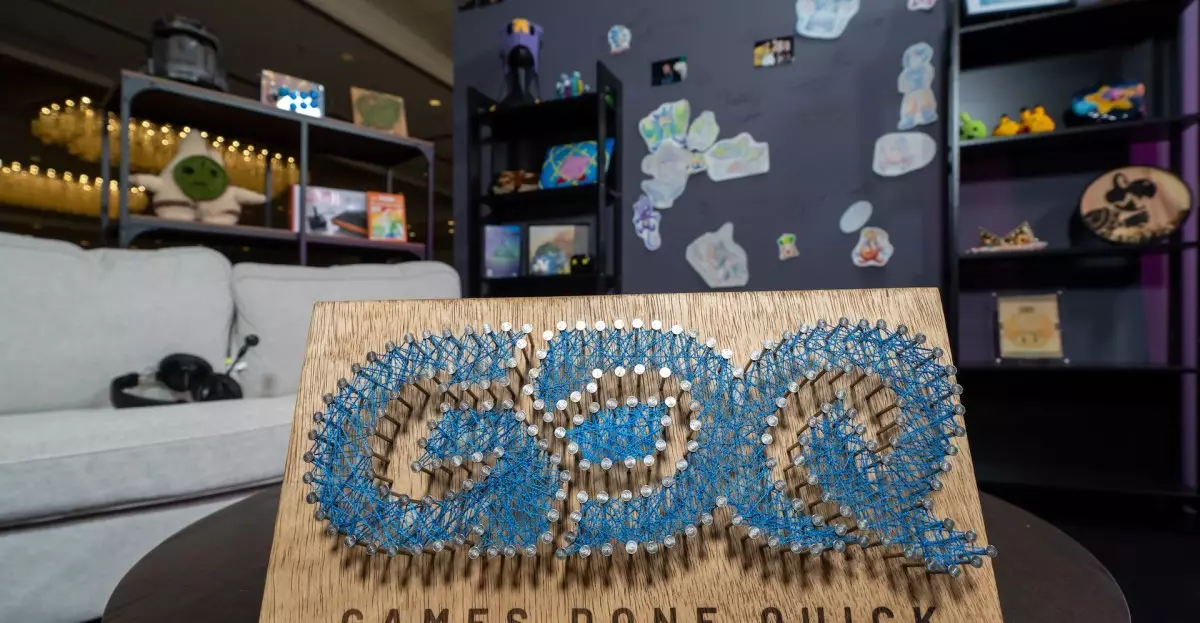Every summer, a vibrant wave of energy sweeps through the gaming community as Summer Games Done Quick (SGDQ) returns, transforming the unassuming digits of video game speedruns into a formidable force for good. At its core, SGDQ isn’t just about showcasing incredible gaming skills; it’s a powerful testament to how the community’s passion can be harnessed to foster hope and aid those in need. By dedicating itself to supporting Doctors Without Borders, this annual event elevates gaming from mere entertainment into a vehicle for meaningful impact. The latest iteration reaffirms that even amidst the chaos and cynicism prevalent in media and industry sectors, there exists a resilient, compassionate core within gamer circles—one that refuses to stay silent in the face of global crises.
Celebrating Community and Creativity through Competitive Play
What sets SGDQ apart from traditional gaming tournaments is its unique blend of community engagement and the celebration of skill. The event, anchored on Twitch and YouTube, offers viewers an immersive experience, blending awe-inspiring performances with heartfelt appeals for donations. The diversity of games—from nostalgic classics to modern masterpieces—demonstrates the community’s inclusive spirit and its appreciation for a broad spectrum of gaming experiences. The anticipation of specific runs, like the high-octane races of Titanfall 2 or the nostalgic charm of Mario Kart, adds excitement. Yet, beyond the thrill of competition lies a deeper message: the collective effort to support global health initiatives. This generous synergy underscores that gaming isn’t just a solo activity but a communal act rooted in shared values.
The Cultural Significance of Charity and Hope
In a landscape marred by industry controversies and divisive debates, SGDQ’s unwavering commitment to charitable causes offers a refreshing perspective. It challenges the stereotype of gaming as a solitary or escapist pursuit, instead framing it as a catalyst for societal good. The event reminds us that gaming communities are inherently compassionate—proof that despite what critics might say, gamers care deeply about making a difference. The hype surrounding particular runs, and the potential to unlock bonus content like Deltarune chapters through donations, encapsulate the playful, inventive spirit that the community fosters. It’s a rallying point that celebrates not only skill and speed but also humanity and hope. Amidst the tumult, such initiatives shine as beacons of positivity, proving that video games are more than just pixels—they are a movement capable of fostering connection, empathy, and change.

